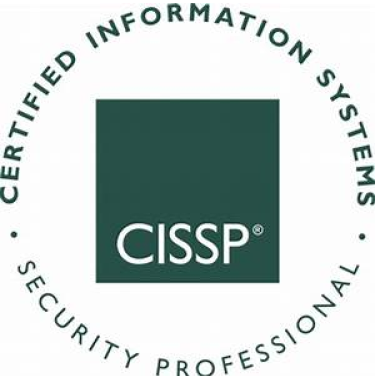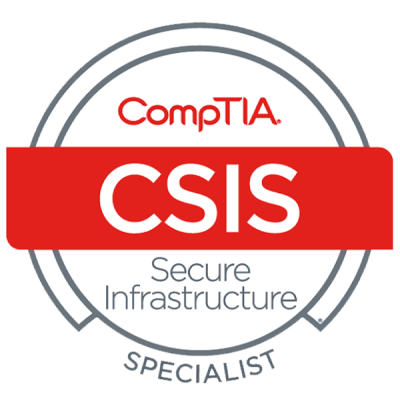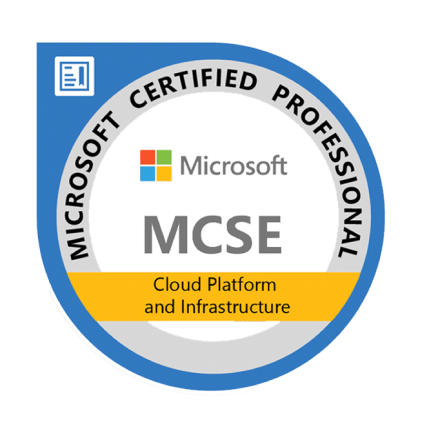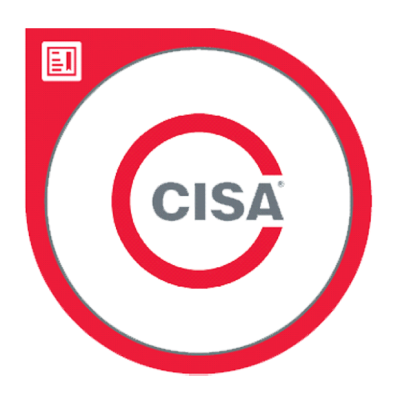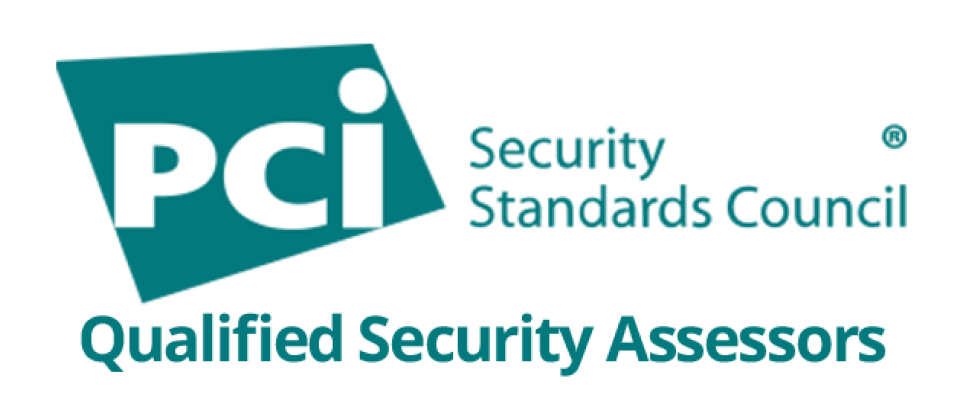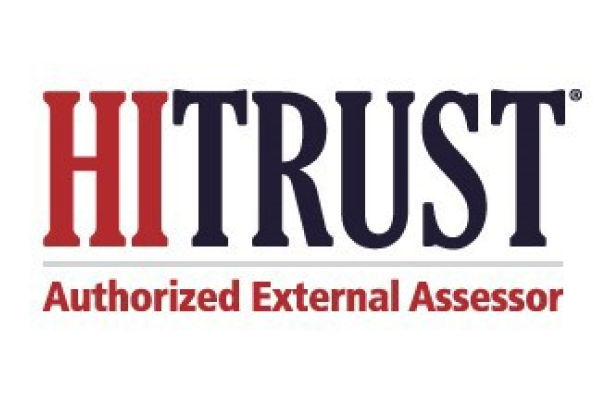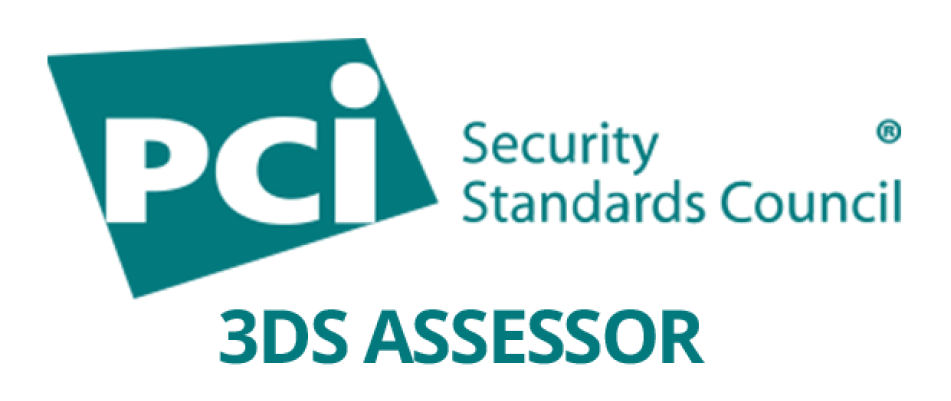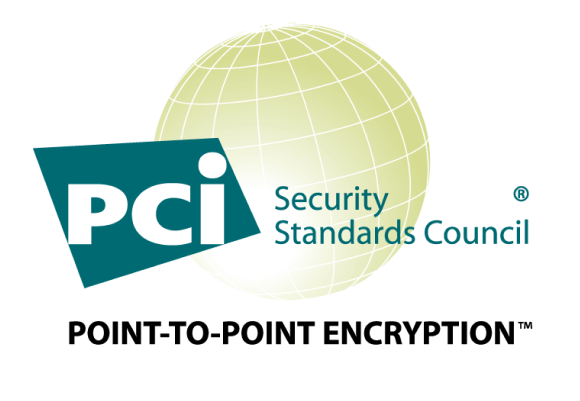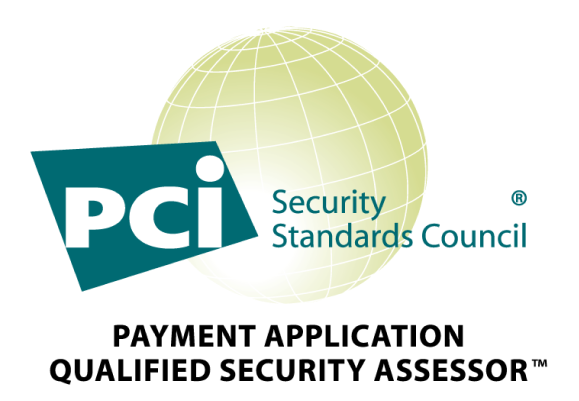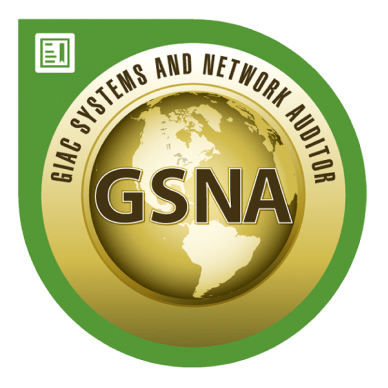NIST SP 800-53 Assessment
A comprehensive assessment service to ensure your organization’s federal information systems are secure, resilient, and in line with NIST SP 800-53 best practice.
NIST SP 800-53 Assessment
NIST Special Publication 800-53 recommends the standards used by federal agencies, except those designed for national security, to implement the Federal Information Security Management Act (FISMA). It covers the Risk Management Framework steps that address security control selection for information systems in accordance with the security requirements in the Federal Information Processing Standard (FIPS) 200.
OUR APPROACH
Our expert assessors partner with your team to ensure your systems are sufficient to maintain the integrity, confidentiality, and security of your critical and sensitive information. Receive trusted advisory support throughout the process, as well as guidance on how to address any weaknesses in your environment.
KEY BENEFITS
Strengthen Security and Achieve NIST 800-53 Compliance
MegaplanIT helps organizations implement and assess controls aligned with the NIST 800-53 framework, providing a structured approach to managing risk and ensuring regulatory compliance. Our experts identify gaps, recommend improvements, and guide your teams to build a robust security posture that protects critical systems and data.
Implementing NIST 800-53 controls helps strengthen your systems against threats, ensuring continuity, reliability, and security for federal information and operations.
Our assessments identify vulnerabilities and provide actionable recommendations, enabling your organization to proactively manage and reduce cybersecurity risks.
Aligning with NIST 800-53 supports FISMA requirements, helping federal agencies and contractors demonstrate compliance and maintain regulatory standards.

Partner with MegaplanIT to Achieve NIST SP 800-53 Compliance
Our innovative IT security and compliance solutions are designed to deliver customized, cost-effective service on time—because your priorities are our priorities. With a highly qualified team of PCI-DSS QSAs, Penetration Testers, and Information Security Consultants here at MegaplanIT, we will assess your unique company and business environment and design a path to security that will fit all of your needs.






